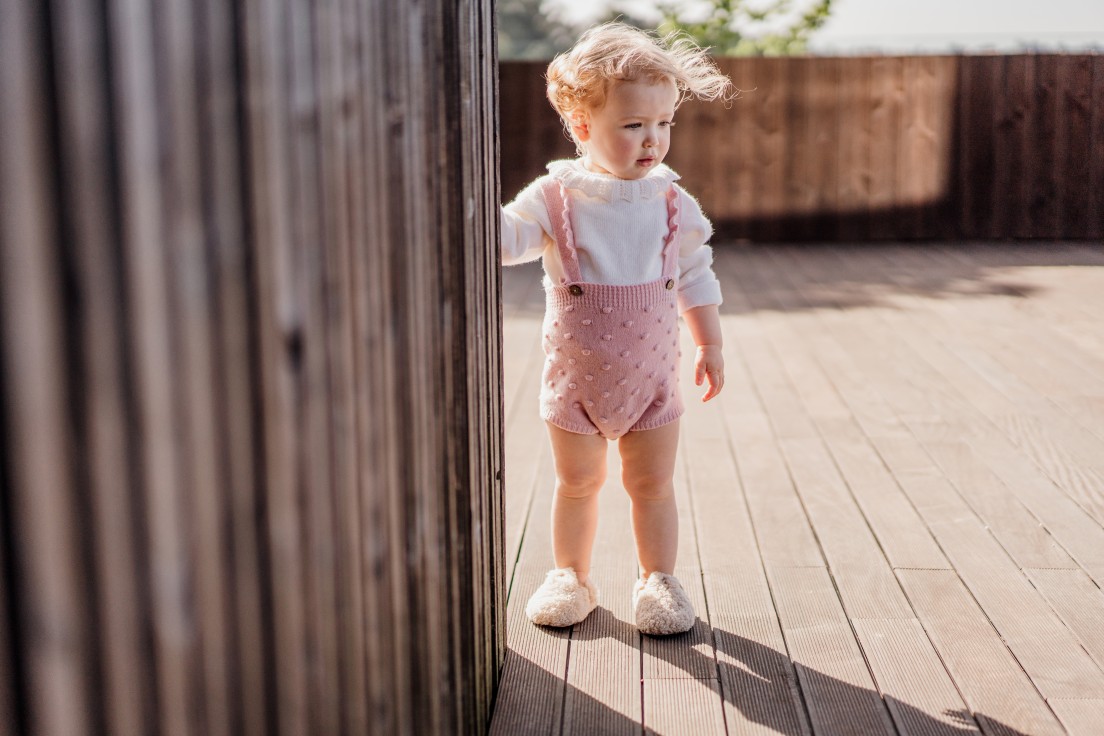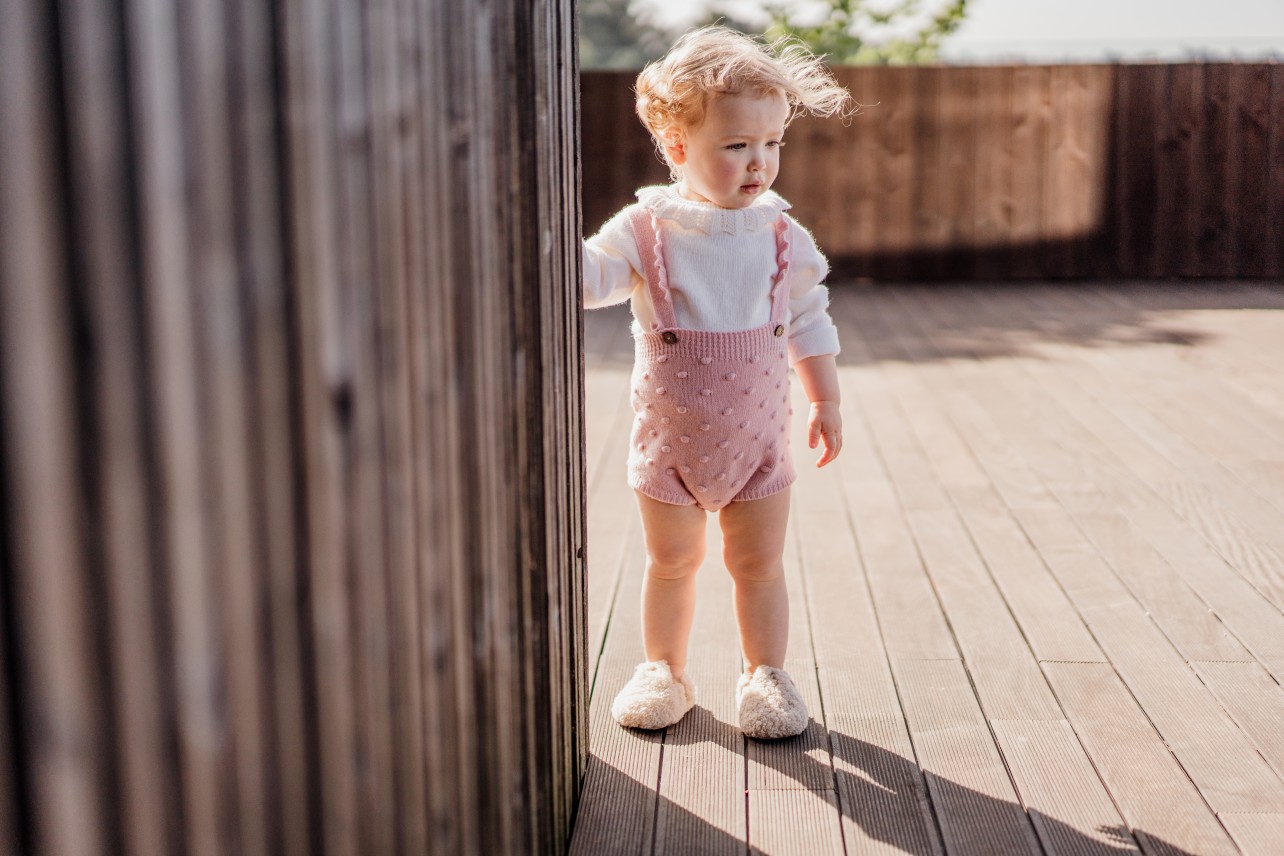Today we're talking about the word routine. Before we had our children, it was talked about as something that would never happen. There just has to be a balance between what the baby and the parents need.
So let's demystify this idea of routine. We're joined in this conversation by psychologist Mafalda Navarro, who believes that it's important to have our own independence and that we shouldn't get stuck in routines, but rather adapt them and create a balance.
In the case of sleep, it's very important because it's a time of growth and development for the baby. Sleep is good for us as well as for children. We mustn't break our babies' routines, we need to adapt them to the various situations in our daily lives so that everyone can have a good time.
According to our therapist, the concept of routine is not based on what we imagine is good for our children. The physiological part plays a big role. We have our mechanism that allows us to have our needs. Babies do too. They have their own times for certain needs. Changing these times can disrupt them and make the baby more upset or agitated.
It is not possible to create a universal routine that is good and efficient for all babies. The routine must be suited to the family, the needs of each child and the needs of the parents. There has to be a balance so that it works for everyone and, in this sense, we have to look at the signs that the children give us in order to define what is best for them.
Mafalda believes that we should see routine as a mechanism that we create to structure our son or daughter's day, in which we communicate to the child what is happening. The trick with the word routine is that we do the same things at the same times. It doesn't always have to be in the same place, it doesn't always have to be the same person, the important thing is to respect our baby's biological clock and routine. If our little one wants to take a nap at a certain time, we should provide a place where this can happen and with conditions in which they can fall asleep peacefully.
Throughout the day, we give children clues as to what's going to happen - for example, we tell them it's time to eat and we start to initiate small actions like putting on the bib, which help the baby to realise what's going to happen.
We shouldn't be afraid of the word routine. We should be obvious and predictable and indicate throughout the day what is going to happen.
Creating a sequence of events gives childrenpeace of mind because they know what is going to happen. The best way is to explain the actions taken in a natural way.
In the case of sleep, the psychologist explains that we should explain what is going to happen - say we're going to sleep, take him to his room, go to the window or tell him a story - to make the baby feel more at ease. The whole routine created helps the child to fall asleep and sleep better. This sequence must be respected and carried out at the same time as possible.
Routines are also created according to your child's day-to-day life. They therefore are different from child to child.
Mafalda adds that growth is a very important factor when it comes to routines. A 1-month-old baby won't have the same routine as a 1-year-old. They are suited to their needs. Once again, we have to look at the signs that babies give us.
An essential point raised in the conversation - routine at the end of the day. The part of the day when parents get off work and spend more time with their children. One piece of advice given by our therapist - before we see our children, we should bear in mind that we've had a hard day at work, we're tired and not very tolerant. On the other hand, we have to think that our children may also have had a tiring day and a lot of learning, and that they may not be very tolerant either. It's a tricky time, but it goes much better if we realise this.
Some tips given by Mafalda at this point of the day:
- Try to balance our schedules with those of our children, as well as everyone's needs;
- Be careful with dinner time - it shouldn't be late, there should be a balance in terms of timings;
- Bedtime depends on the child's needs and well-being;
- Screen time - the later they start being in front of the screen the better; never combine screen time with bedtime.
The main idea of this conversation was put to us by Mafalda: we should manage routines according to circumstances and family dynamics and try our best to respect schedules.
We would like to thank Mafalda in advance for her willingness to have another conversation with us and anwser some of our questions.
Here's a video of her sharing her thoughts on this interesting subject in more detail.
The video is available on Wedoble's Facebook page —https://fb.watch/lqokNrAJNZ/
What about you? What are your routines with your children? What are the main difficulties and tricks in your daily lives? We want to know your opinion.






